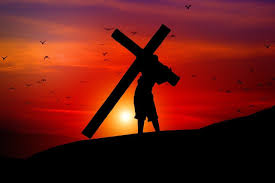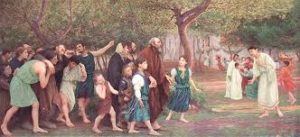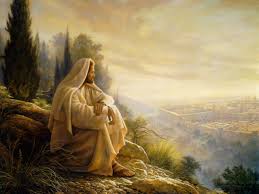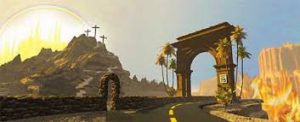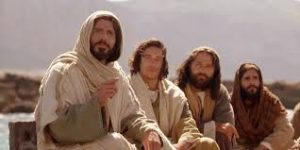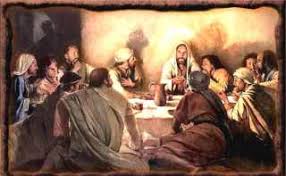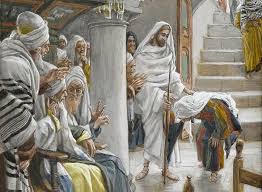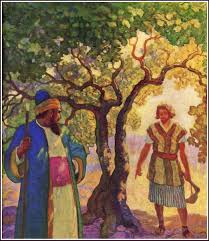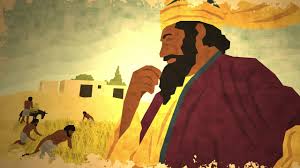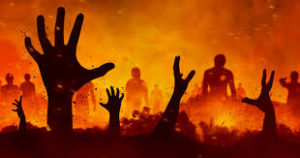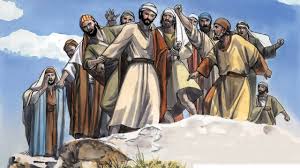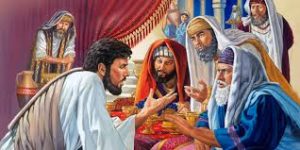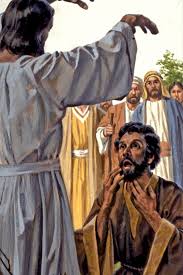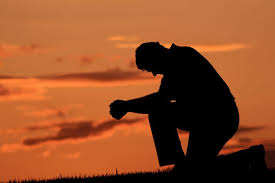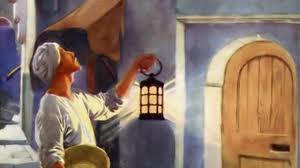Hr – The Parables of Luke 15
The Parables of Luke 15
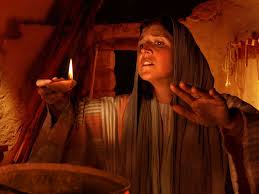
Still in Perea, as Jesus went back across the Jordan to minister before His death in Zion, the Pharisees’ grumbling outrage over Yeshua’s reception of sinners at this late stage in His ministry clearly showed how far from the truth they had strayed. The three parables Messiah told in reply were cleverly designed to demonstrate the evil unreasonableness of their hearts and to bring to light their hypocrisy once more for all to see.
All three parables in this chapter deal with God’s love for the sinner who repents. The first two parables, the Parable of the Lost Coin (Ht) and the Parable of the Lost Sheep (Hs), are brief and uncomplicated. Both parables are about finding what was lost. Both show the lengths to which people will go to find their lost valuables. And the central lesson of both parables is about the natural joy we all experience upon finding what was lost. The point, of course, was to show that the Pharisees’ and Torah-teachers’ resentment of Jesus was abnormal – corrupt, distorted, and wicked. Their public display of anger against Him was indisputable evidence that their own hearts were hopelessly immoral, and they had no idea what pleased ADONAI.
But it was the third parable, the Parable of the Lost Son and His Jealous Brother (Hu), which hit with the most force. The two previous parables portrayed great joy in heaven over sinners who repent. The prodigal son’s story also illustrates that heavenly joy – but then sets it against the background of the elder brother’s throwing a fit over his brother’s return and his father’s delight. The Rabbi from Galilee unmasks all that ugliness with probably the greatest short story ever written.1094
A story parable in the key of F: Feeling footloose and frisky, a feather-brained fellow forced his fond father to fork over the farthings and flew to foreign fields and frittered his fortune, feasting fabulously with faithless friends.
Fleeced by his fellows in folly, he found himself a feed-flinger in a filthy farmyard. Fairly famishing, he fain would have filled his frame with foraged food from fodder fragments.
Facing misfortune he fained, “Fooey! My father’s flunkies fare far finer,” the frazzled fugitive finally faced facts. Frustrated by failure, filled with foreboding, he fled forthwith to his family. Falling at his father’s feet, he forlornly fumbled, “Father, I’ve flunked and fruitlessly forfeited family favor.”
The farsighted father, forestalling further flinching, frantically flagged the flunkies to fetch a fatling from the flock and fix a feast.
The fugitive’s faultfinding brother frowned folderol. But the faithful father figured, “Filial fidelity is fine, but the fugitive is found! What forbids fervent festivity? Let flags be unfurled. Let fanfares flare.”
And the father’s forgiveness formed the foundation for the former fugitive’s future fortitude.1095
Jesus could have summarized all three parables like this, “Why are you Pharisees and Torah-teachers upset that My ministry brings salvation to the outcasts of society? Why don’t you rejoice that the lost sheep/coin/son are being found?”



